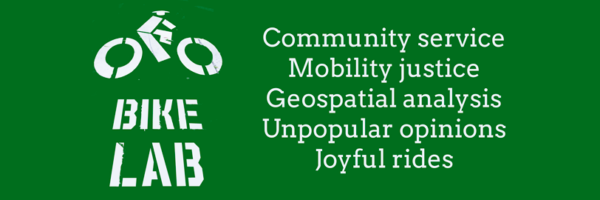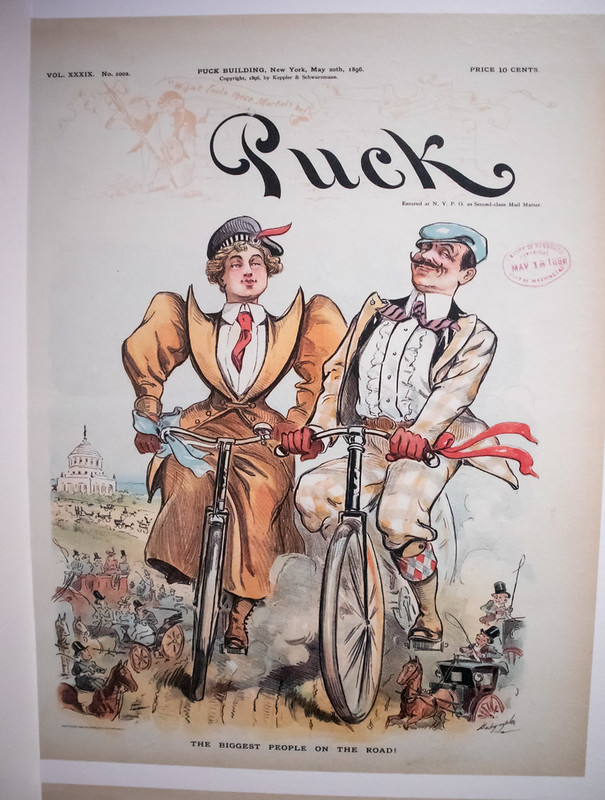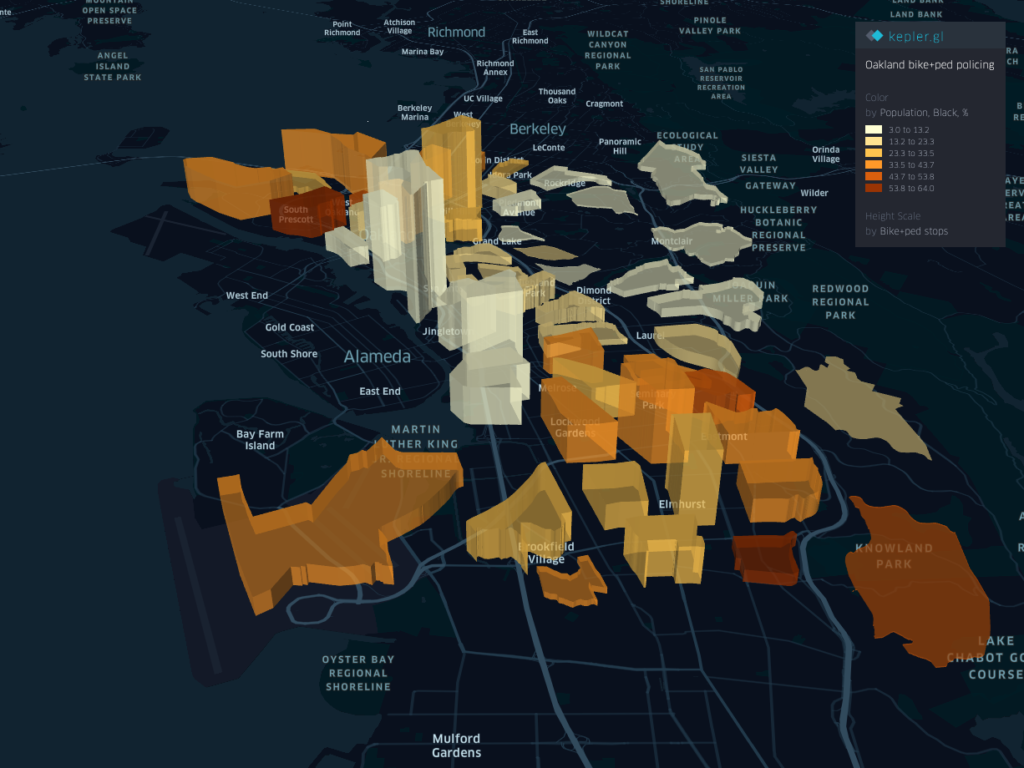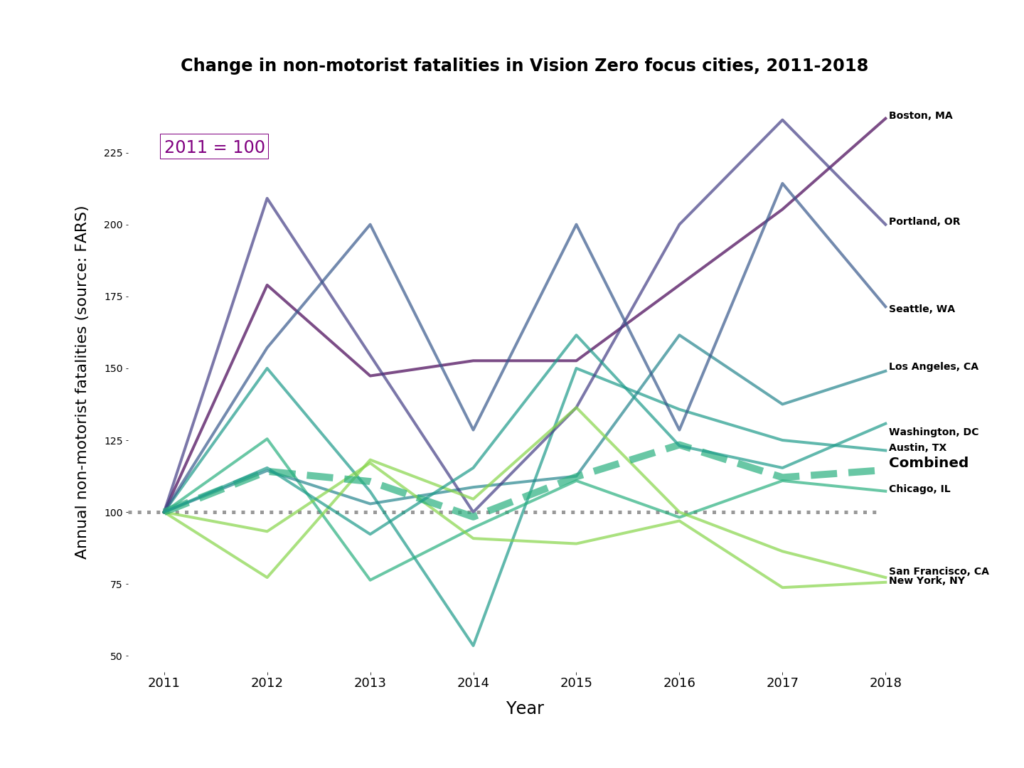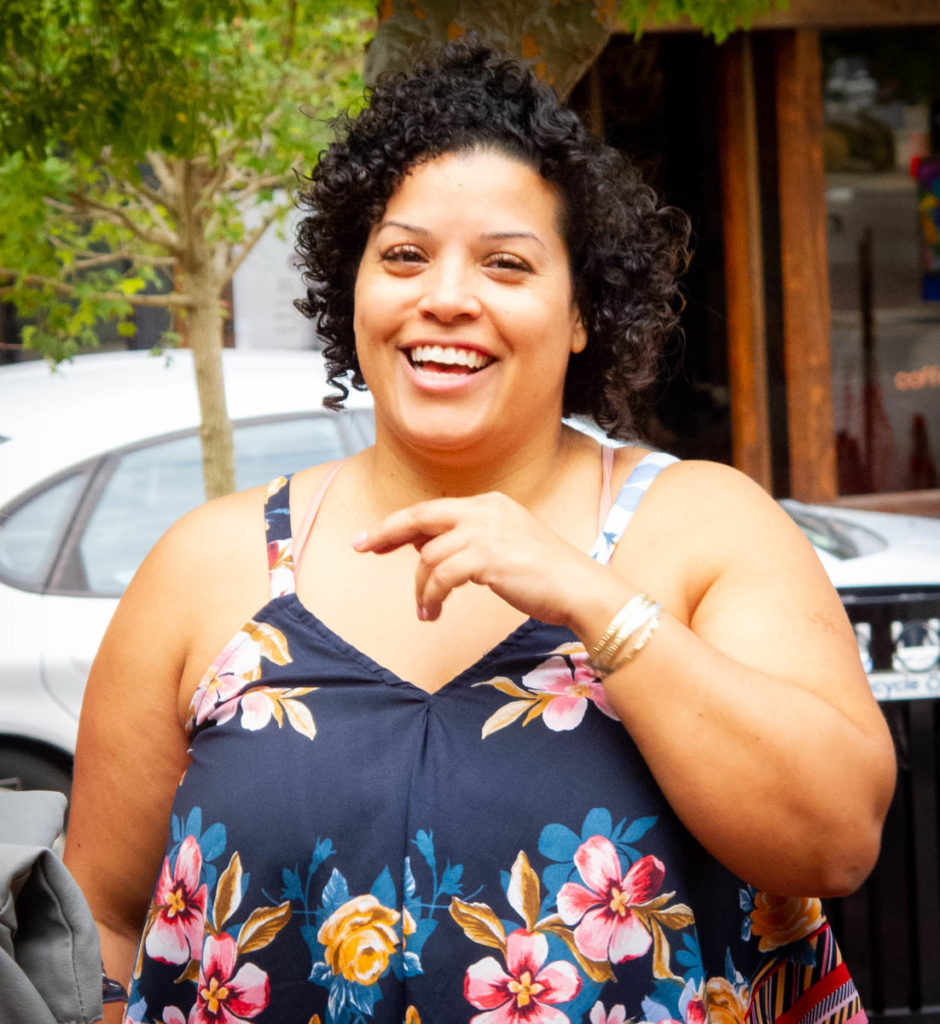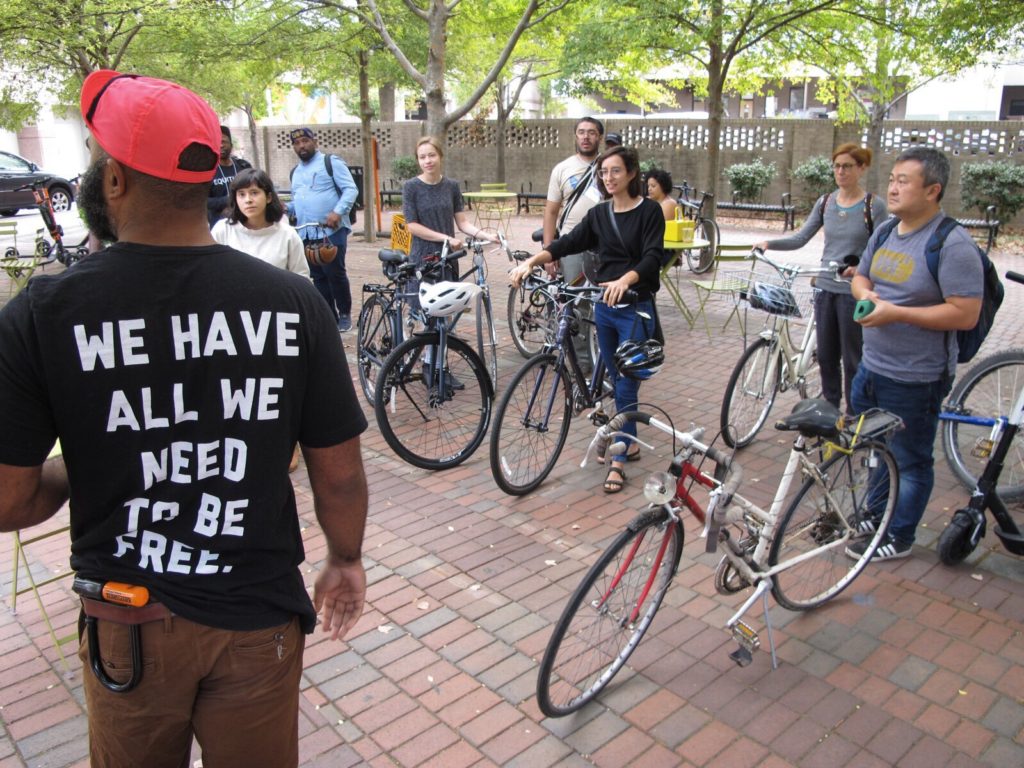Top down
I’ve been thinking about how cycling and skateboarding cultures are different, and I have the impression skating has never embraced top-down hierarchy in the same way bike advocacy has. Reading Peter Flax’s interview with Effective Cycling founder John Forester, I realized that Forester is just as concerned with being at the top of the hierarchy as traditional bike advocates; he just disagrees about how to get there.
